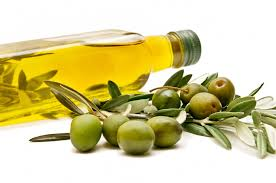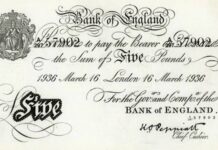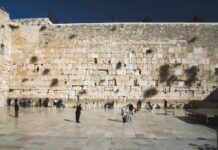
Hashem tells Moshe to take pure olive oil from the Jewish people and to feed the “everlasting flame” of the menorah, which Aaron the Kohen gadol (High priest) is to kindle each day. The priestly garments worn by the kohanim (priests) while serving in the Mishkan (Sanctuary), are described:
The Ketonet – a full-length linen tunic.
The Michnasayim- linen trousers.
The Mitznefet or Migba’at—a linen turban.
The Avnet—a long sash wound above the waist.
In addition, the kohen gadol (high priest) wore:
5) The Efod—an apron-like garment made of blue, purple and red-dyed wool, linen and gold thread.
6) The Choshen—a breastplate containing twelve precious stones inscribed with the names of the twelve tribes.
7) The Me’il—a cloak of blue wool, with gold bells and decorative pomegranates on its hem. 8) The Tzitz—a golden plate worn on the forehead, bearing the inscription “Holy to Hashem.”
Tetzaveh also includes Hashem’s instructions for the sevenday initiation of Aaron and his four sons—Nadav, Avihu, Elazar and Itamar—into the priesthood, and for the making of the golden altar, on which the ketoret (incense) was burned.
DID YOU KNOW?
. Greece is the world’s third largest producer of olive oil and the world’s largest exporter of extra virgin olive oil.
. Its extra virgin olive oil is so good that it is exported even to countries such as Italy and Spain.
. Extra virgin olive oil comes from the first pressing of the olives with no chemicals used to extract the oil.
. This means it has a wonderful, fresh, clean taste.
. The fresher the olive oil, the better the taste.
. Oil flows from the olives naturally when they are crushed, the vitamins and natural ingredients are not destroyed with chemicals and preservatives.
. People from Greece eat an average of 26 liters of olive oil every year!
. Olive oil is recognized as one of the healthiest edible oils since it contains less saturated fats.
SHABBAT ZACHOR THIS WEEK
This Shabbat before Purim the weekly parshah is supplemented with the “zachor” reading in which we are commanded to “remember” the evil of Amalek and to eradicate it from the face of the earth. Since Haman was a descendant of Amalek, we read this portion just before Purim. It’s a once a year obligation, so listen out for it in shul!

























